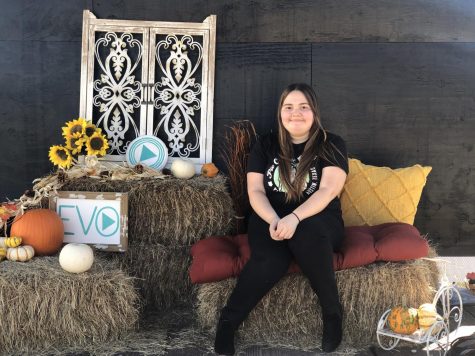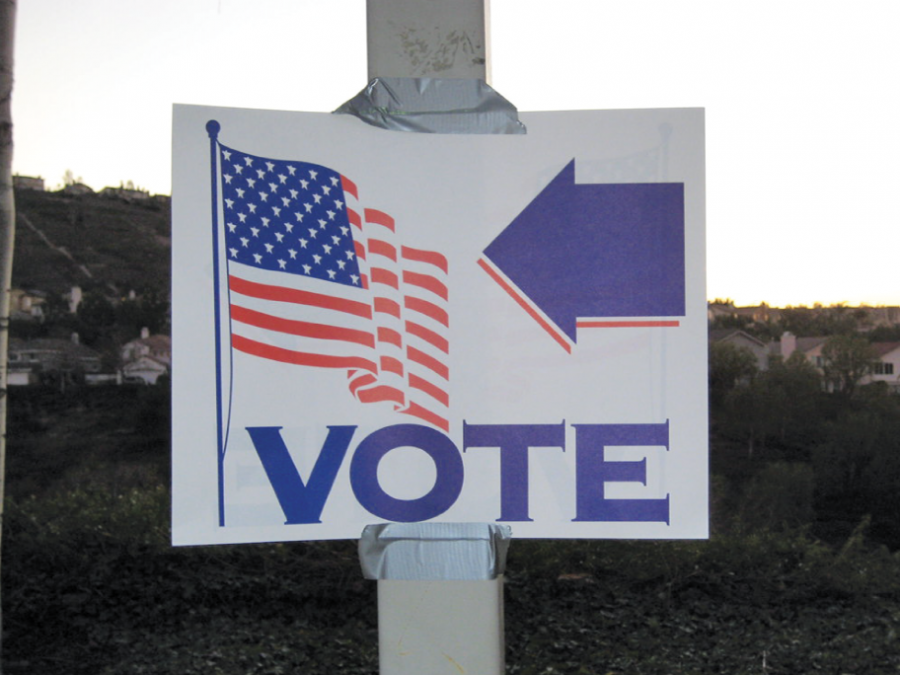Every vote should count, even those of deceased citizens
Seventeen states do not count ballots cast by someone who passes away before the election, but ten states allow it. The rest of the country does not have a specific stance on the issue.
Early voting is a great option we have as Americans, yet there are regulations regarding the process that have been recently thrown into question. When Wisconsin decided to throw out the vote of a 20-year-old after she died, it has been asked if this was the right protocol. States should definitely count votes of those that have passed away since casting their vote, as they used their voice and it should still be heard.
Amber Pflughoeft, 20, died in September from bone cancer just days after filling out her early voting ballot. She was passionate about politics and determined to make sure her vote was cast for this year’s election. Wisconsin election law requires the votes of those who have passed away to be thrown out, making Pflughoeft one of several who fall under this category.
Voting was one of the last ways Pflughoeft was able to be heard as an American. For Wisconsin to throw out hers and dozens of other early votes is disrespectful and defeats the purpose of our right to vote. With so many people dying from COVID-19, everyone’s votes deserve to be counted. The election was heavily focused on how each candidate will approach solutions for the pandemic, making those who have been affected by it the most important voices to be heard. For example, 84-year-old Marvin Thielman from Chiltown, WI passed away from COVID-19 after casting his ballot. His vote will now be thrown out, even though he is in the group of the most vulnerable people in America currently. If there’s a group of people that should be heard most, it’s those who have directly suffered from the global pandemic.
The state of Wisconsin has stated their reasons for the law being the way it is. “While our hearts go out to people who have lost loved ones, Wisconsin law is clear that an absentee ballot cannot be counted if the voter has died before Election Day,” Spokesperson for the Wisconsin Elections Commission Reid Magney said. “The law has not changed.”
The argument of potential voter fraud has been made in support of the regulation to throw out the votes of those who have passed away. An incident of attempted voter fraud was caught in Broward County, FL., with approximately 50 fraudulent voter registration applications postmarked in South Carolina being noticed. This is an extremely rare scenario, and a review by the Brennan Center for Justice in 2007 found that voter fraud rates were between 0.0003% and 0.0025%. That being said, it is also easy to verify whether or not the ballot was filled out before or after the person was confirmed to be deceased, making that type of voter fraud even less likely.
Both viewpoints are understandable, yet our democracy is designed to make the opinions of the people count and be heard. If the motto is that every vote counts, then that should mean every single vote should be counted even if the person passed away after casting their vote.

I'm Isabella Bass, and I'm a junior Writing and Rhetoric major with a concentration in Journalism and Digital Media. I've lived in Austin my whole life,...







